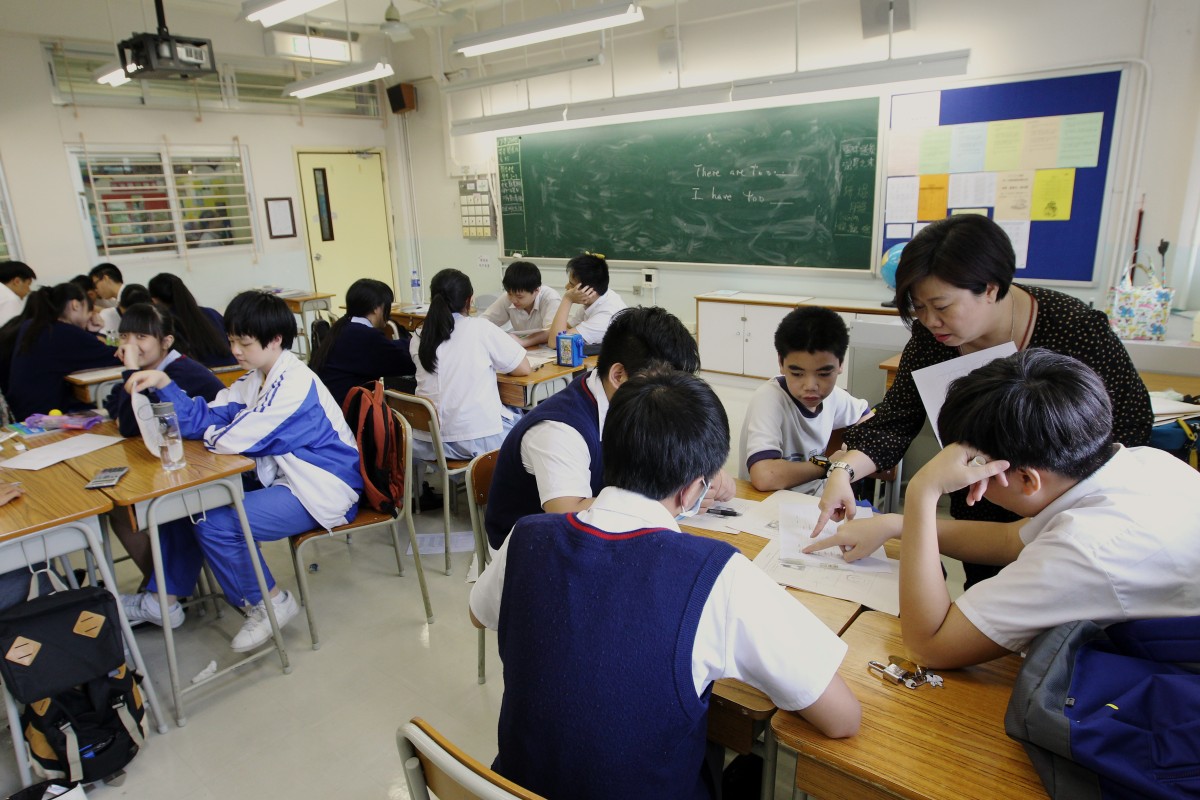
Face Off: Are Hong Kong students in the classroom for too long each day?
Each week, two of our readers debate a hot topic in a parliamentary-style debate that doesn’t necessarily reflect their personal viewpoint. This week …
 Is the Hong Kong school system putting students in classrooms for too long each day?
Is the Hong Kong school system putting students in classrooms for too long each day??xml version="1.0" standalone="yes"?
Karl Lam, 17, German Swiss International School
Hong Kong schools should introduce shorter lessons for their students. A normal school day for primary and secondary students lasts around eight hours, including a one-hour lunch break and two 20-minute recesses. This is far too long because there are also extracurricular activities, such as music and PE lessons, that require students to stay even longer in school. Many students also attend after-school tutorials and have homework to complete. It’s no surprise the education system is seen as stressful.
The Education Bureau says that primary school students spend between 30 minutes and three hours on their homework. But according to a survey conducted by the Hong Kong Federation of Youth Groups in 2012, they spend around 4.9 hours per week on private tuition.
Hong Kong students face a tremendous amount of pressure. As a result, most of them don’t get a good night’s sleep. This can affect their mental and physical well-being.
Many students are so busy with their schoolwork, they don’t have free time for sport, exercise, or relaxation – even during the weekends. They have too many exams and tests, and they have to memorise so many facts. Reducing lesson times could be the answer.
We definitely need to change our education system and encourage students to pursue things they’re actually interested in. This is no easy task, and takes time, effort and good planning. Parents must also realise that education is not only about getting good grades.
I fully support shorter lesson times. This would ease the pressure on students and help them better achieve their dreams.
Face Off: Should people be fined for not recycling in Hong Kong?
Charlotte Fong, 16, International Christian School
It’s absolutely unnecessary to reduce lesson times in Hong Kong’s schools. I believe the schools have got it just right; they help students gain an all-round education and have a successful future. School hours in Hong Kong typically last from 8am to 4pm, including an hour for lunch and two or three breaks. On the mainland, the average school day runs from 7.30am to 5pm – Hong Kong students have it easy.
Most of the city’s students wake up at a reasonable time in the morning and take part in extracurricular activities at school. This ensures they are not stuck in a classroom all day learning from a textbook. Lessons in many Hong Kong schools last 35-40 minutes, so teachers can ensure students are fully focused on their tasks. There’s also a break after every two or three lessons.
Write here: A school uniform binds students together like the strands of a braid
On the other hand, each lesson at my American-style international school lasts 72 minutes. What’s more, we do not have breaks, and lunchtime is only 45 minutes long. These lessons are too long. That’s the reason I tend to lose my concentration halfway through a lesson. As a result, teachers are unable to use the second half of their lessons to teach new material. After a tough day, some students can even be found sleeping during assembly or in the hallways. This kind of schedule is definitely not good for learning.
Compared to other countries, local schools in Hong Kong have shorter lessons which help students to make the best use of their skills. That’s why the city’s students continue to do well academically.
